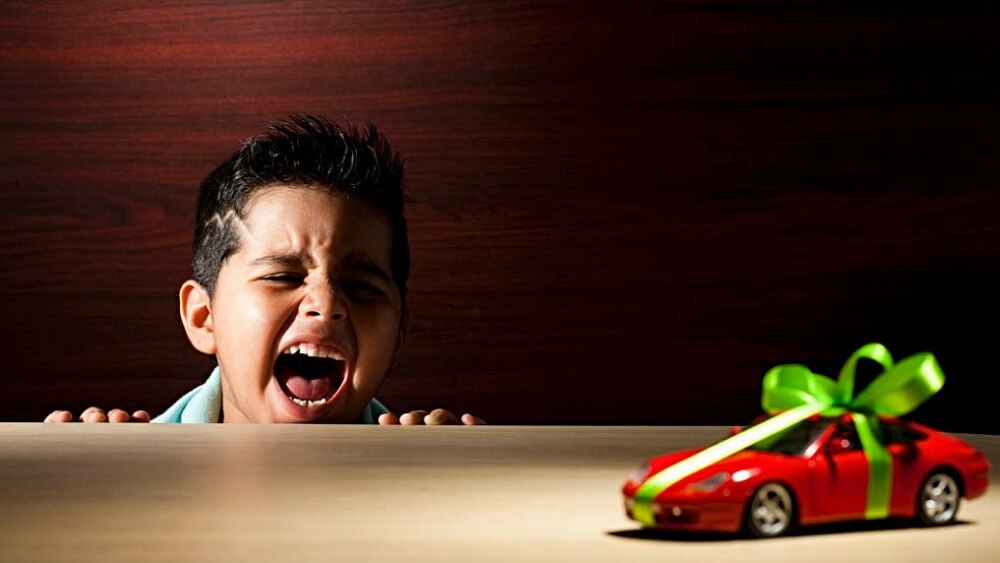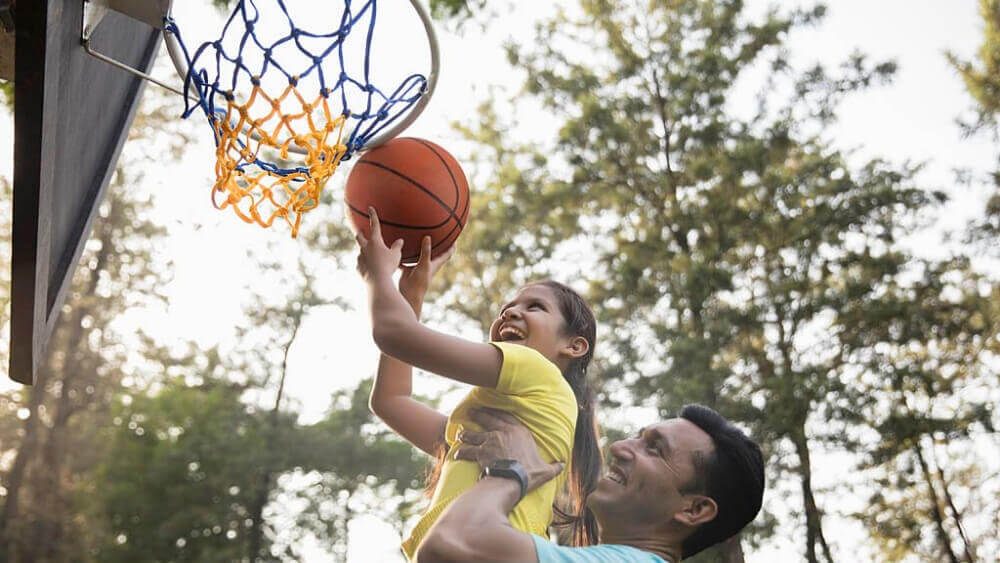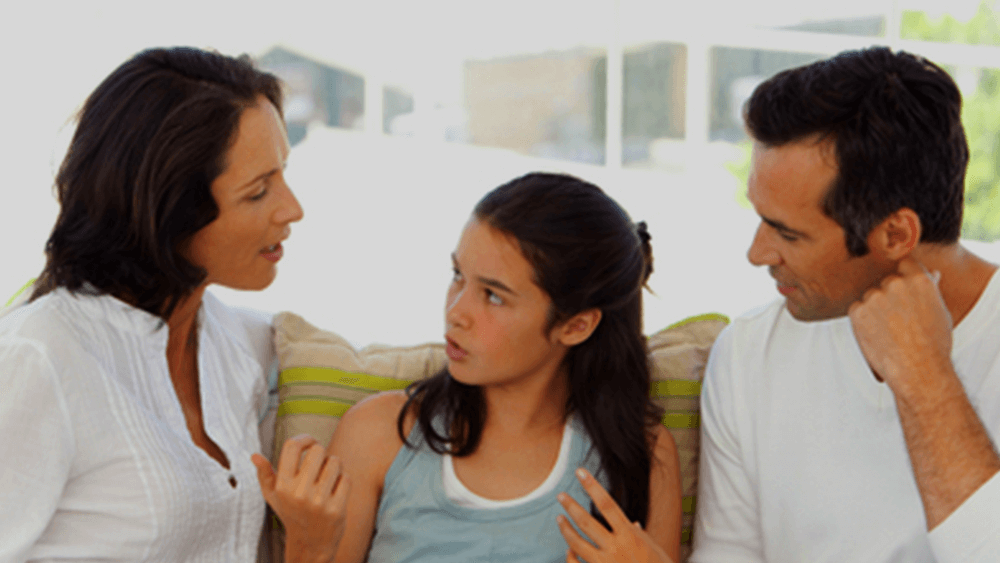How to apply band-aid when children are emotionally hurt

Let’s tread through a very sensitive topic today about emotional hurt. When the heart is hurt, it makes no noise. It only leaves scars which can’t be seen with naked eyes. Children might not know how to come to terms with their negative emotions. Parents can help children develop the ability to self heal their hurt.
Que) Emotional hurt cannot be avoided, but can it be healed?
Ans) Yes!! It can be. Have a look at how to apply band-aids on children’s emotional scars.
Here’s the story of a dedicated priest. One day he saw a speeding car hitting and killing a donkey. The priest got furious and started cursing the car driver. He was mockingly informed that it was his own son driving the car. He instantly started praising his son for helping the donkey get rid of a miserable life.
Was the priest being illogical? Isn’t it natural for his protective instincts to kick in when it came to his child? Doesn’t this happen to almost all the parents? The moment a child is hurt, the most natural reaction of a parent is to protect him. Most parents are unable to handle themselves when they see their child in pain.
The point is, ‘What is the appropriate approach?’

1. Stay Composure
Various people have various temperaments. People react to situations according to their sensitivity to emotions. But, it’s important to not complicate things when the child comes up with a certain emotional episode. Not handling self-emotions well in front of the child, might scare him. Witnessing an older person, not in control will only make him feel worse. It’s exactly what the child doesn’t need at the moment.
So first things first, when the child comes to the parent to share his pain, it’s important the parent stays composed. To find solutions, it’s important to gather thoughts and not react lividly. The child should have the assurance that no matter what, they have a certain somebody they can rely upon. The thought itself comforts the child.
2. Understand what has caused them to hurt?
There are various types of emotions. Today’s topic deals majorly with a deep sense of emotional hurt. What is it that affects a child the most? Failures related to exams, brooding over a mistake, the guilt of letting someone down or even self-esteem issues can upset a child’s morale. Rejection in friendship devastates the child. Losing a pet can be the biggest hurt for the child. Friends moving to other cities makes children feel lonely. The reasons can vary, but the question remains how can parents help children get over it?
Listed is a five-pointer plan, using which, parents can help children deal with emotional hurt.
5 steps to help children to deal with HURT

1. Being non-judgemental
When a child fails to respond adequately to bullying in school, it can’t be looked at as a sign of weakness. Avoid jumping to quick conclusions. In a rush of protective instincts don’t persuade him to leave his friends. Losing friends and being hurt will make the child feel worse. Brushing off small experiences as inconsequential will also dishearten the child. Help the child understand, experiences like these are a part of growing up.
2. Say what you see
Verbalize the child’s emotions. Read his face and put in words what you see the child going through. This makes it easier for the child to come to terms with the situation. Without judging the situation just help the child vent. The child will feel lighter and it will help him move on and take further steps in solving the issue.
3. Focus on what can be done ( action oriented )
After speaking and finding an outlet for piled up emotions, the child will want to be comforted. Ask the child how he would like to be comforted. Different children find comfort in different ways. Hugging, confronting, even dancing on loud music might make someone feel better. The focus has to be on what can be done right now. It will take away all worries of the past and future. Living in the moment at present will release the stress.
4. Flipside thinking
Play the ‘IF’ game with the child. Ask the child, ‘What if things could have been worse?’ This is called the flipside thinking. Looking at things from a different angle will reduce anxiety. Realizing that the worse didn’t occur, will make the bad things look not as bad. It will make acceptance much easier and relieve the pain.
5. Make them smile
Finally, the magic potion. Make the child smile. Help the child to look at the silver lining. It will help him build his confidence. He will be able to face the world with renewed hopes of being in control. It will help the child know anything and everything in the world can be conquered. The fact that he will have his parents along with him will reassure his faith as well.
Pain is inevitable, suffering is optional
Pain in life for every human is unavoidable. Children will at some or the other point in their lives experience it. Parents can teach children how to handle situations which might cause them to hurt. Let the children know, that suffering is optional and can be avoided. Assure children they will always have their parents support. Let’s help children be emotionally strong.




